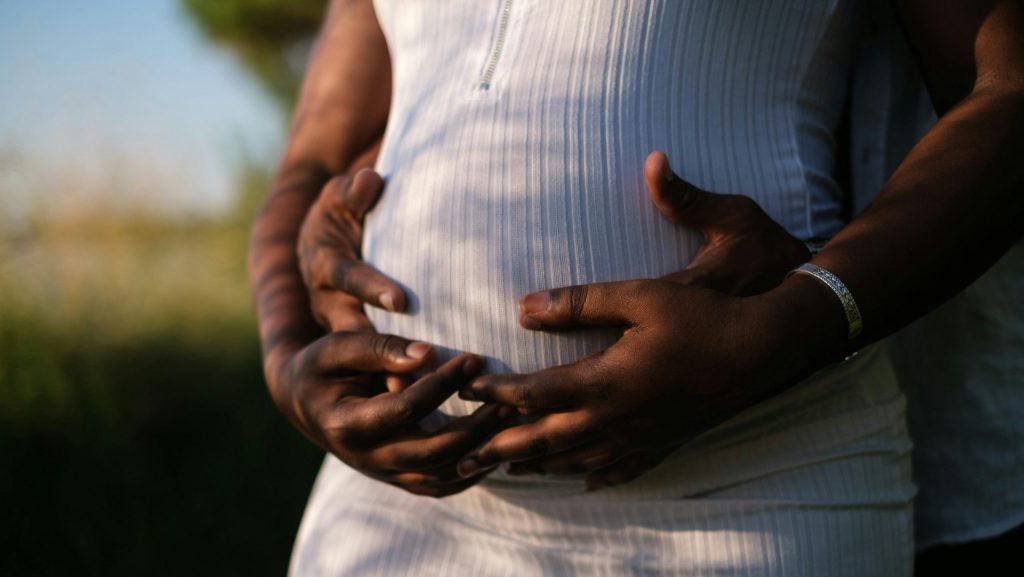Black Maternal Health Week spurs new legislation from Michigan Democrats
The 10-bill package dubbed the “Momnibus” aims to lessen care disparities for Black moms and improve access to midwives and doulas.

It’s Black Maternal Health Week. It might seem odd for this to be racially specific until you realize that, in the United States, Black mothers die three times more often than their white counterparts.
A new set of bills dubbed the “Momnibus” is being introduced in the Michigan Legislature this week with the goal of easing those disparities.
Sen. Erika Geiss (D-Taylor) has introduced multiple bills and co-sponsored several others.
The first of her bills would require the Michigan Department of Health and Human Services (MDHHS) to maintain a maternal mortality review team to collect data and recommend best practices.
“Now we do already have a maternal mortality review board in the state,” Geiss said. “But this would require even more connective tissue, if you will, with the MDHHS and with that data collection.”
Senate Bill 819 would require the Michigan Department of Civil Rights to receive patient reports that identify experiences with obstetric racism and violence.
Geiss says it’s about being able to hold doctors and hospital systems accountable while changing the inequities built into the health care system.
“I think that while there there may be in some cases malice aforethought,” Geiss said. “Probably in many other cases, the systemic inequities that have become embedded in reproductive health care need to stop creating or perpetuating trauma so that Black and other people of color can thrive and have better outcomes for themselves and for their infants.”
Doulas and midwives have frequently been used by women of color as a way to partially — or outright avoid — a traditional hospital maternal health setting.
Senate Bills 825, 826, and 827, introduced by Sens. Sarah Anthony (D-Lansing), Stephanie Chang (D-Detroit), and Sylvia Santana (D-Detroit) respectively seek to increase the number of doulas and midwives by ensuring payment for services and improving accessibility for those who wish to become one.
“My legislation strengthens discrimination protections for expectant and new mothers,” Chang said. “Also, by reducing financial barriers to doula training, we can make our maternal health care system more equitable and help more Michiganders to take on this important, trusted role in the birthing process regardless of their economic situation.”
Trusted, accurate, up-to-date.
WDET strives to make our journalism accessible to everyone. As a public media institution, we maintain our journalistic integrity through independent support from readers like you. If you value WDET as your source of news, music and conversation, please make a gift today.
